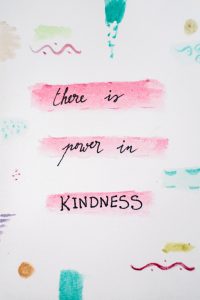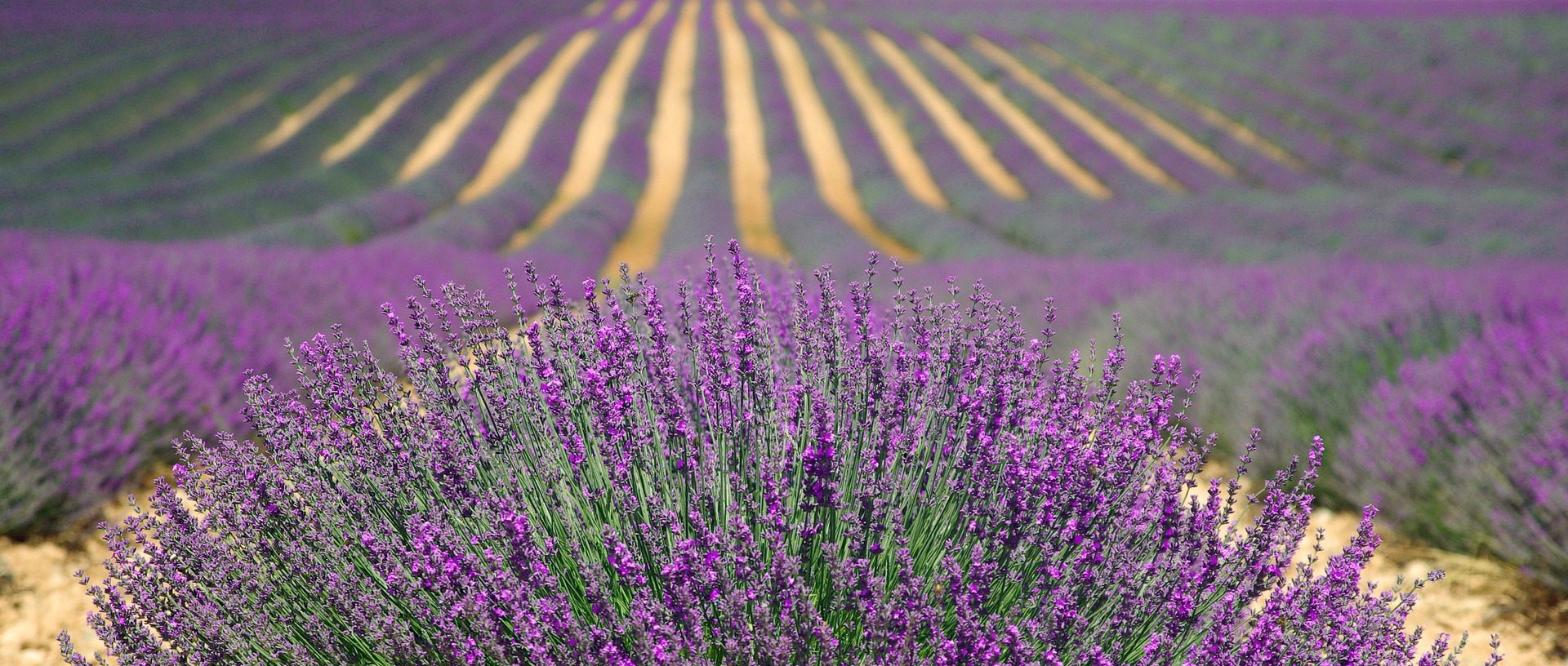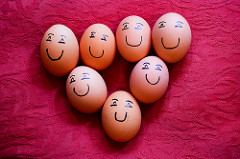November, 13th is World Kindness day. It is the one day of the year where individuals or groups consciously decide to go out of their way to be kind to another or perform acts of kindness. It might be an act of kindness at home, work, school or any public place. The show of pledges involves doing at least one selfless good deed to another person(s).
“A World without kindness is a world without love.”
Word Kindness day is an excellent start to becoming a part of our community. However, I’d say why stop there? Why not make kindness a part of your daily ritual?
 The acts of kindness benefit us all, and it makes the world a better place to live in. When we perform an act of kindness for another, we should not expect anything in return. I am referring to doing kind acts for someone without expecting reciprocal service or returning a favour. The truest act of kindness comes without any conditions. It is simply an act of kindness that benefits another person without any underlying need for payback.
The acts of kindness benefit us all, and it makes the world a better place to live in. When we perform an act of kindness for another, we should not expect anything in return. I am referring to doing kind acts for someone without expecting reciprocal service or returning a favour. The truest act of kindness comes without any conditions. It is simply an act of kindness that benefits another person without any underlying need for payback.
However, the psychological consequence of an act of kindness does have an unwitting benefit to the individual carrying out the kindness. It can help boost our moods, increase feelings of confidence, increase the level of satisfaction or happiness in being a part of something or the world, and helping, generally, bring us joy. Moreover, the Law of Attraction governs that positive acts of service bring the same positive result back into our lives. Additionally, your good deeds may also encourage the individual to pay it forward and carry out the kindness act to another person and so forth.
There is also the science behind the act of kindness. Willing acts of kindness produces oxytocin which is the chemical that lowers our blood pressure, reduces anxieties, reduces our levels of stress and increases our moods and happiness, which benefits our mental health. But, it is so much more. Being kind and doing kind acts for another person help remind us that we are more than ourselves and that we are part of the community and the world. It gives a sense of belonging and being a valued contributor to the community and the world. Thus, it is an attribute to our inner purpose, meaning and values.
With all these positive reasons, what’s stopping you from starting your kindness acts today? But, if you want some ideas, here are some helpful kindness acts to help you get started.
Start with the little thing
The little things matter a lot. The little thing includes giving way, allowing another to pass on pavements or on the road, letting someone in front of you in a queue, offer your seats to strangers, etc. Lend a hand, help someone with a heavy shopping bag, offer to do something for someone random. Give someone your time, attention and focus. Pray for another, send them positive intentions, love and light.
Acts of kindness
 Behaving and acting kindly come in many varieties. Behaving kindly includes giving way to someone coming the opposite way on a path, giving up your seat on trains or buses, offering someone you know a lift home. Showing helpfulness in teamwork, adapting a helpful mental attitude to a work colleague, illustrating helpful aptitude in community work are also helpful behavioural traits.
Behaving and acting kindly come in many varieties. Behaving kindly includes giving way to someone coming the opposite way on a path, giving up your seat on trains or buses, offering someone you know a lift home. Showing helpfulness in teamwork, adapting a helpful mental attitude to a work colleague, illustrating helpful aptitude in community work are also helpful behavioural traits.
Act of kindness includes purposeful and conscious actions. You would go out of your way to be kind to another. You might stop to help someone cross the road. You might travel to help a friend in need. You might reach out to a work colleague going through a difficult time etc.
Positive Intentions in action
Kindness comes with positive intentions. Positive intention is a planned intent that has a positive introspection. It is a conscious mental construct to be or do something kind to another. The most explicit intention of kindness is to help or be helpful to another. If you are kind to someone without having a positive intention, you might be prone to resentment, jealousy or envy. Check your intention. Are you acting kind because you genuinely want to help or because you felt that you had to, got to, must or should?
Be creative in helping and acting kind
 Helping and kindness come with rewards and self-improving moods. We can be creative in being kind without the other person knowing it. A kind act includes doing charity works or donations. In this way, we are acting kind, and we are not directly known. A kind act also includes cleaning up and clearing hazards. Picking a nail and keeping other road users safe is a kind act. Joining your local Wombles is an act of kindness in keeping your community clear and clean. Help elderly neighbours by doing their shopping, dropping off their groceries, or cooking them a meal. Help fellow mums at school and take their children to/from school, or offer to babysit. Offer your time and services in doing charity works is a kind act. Perhaps you can think of other creative ways to be kind.
Helping and kindness come with rewards and self-improving moods. We can be creative in being kind without the other person knowing it. A kind act includes doing charity works or donations. In this way, we are acting kind, and we are not directly known. A kind act also includes cleaning up and clearing hazards. Picking a nail and keeping other road users safe is a kind act. Joining your local Wombles is an act of kindness in keeping your community clear and clean. Help elderly neighbours by doing their shopping, dropping off their groceries, or cooking them a meal. Help fellow mums at school and take their children to/from school, or offer to babysit. Offer your time and services in doing charity works is a kind act. Perhaps you can think of other creative ways to be kind.
Spread the love and kindness
 Acts of kindness include sending kind messages to a significant person or someone needing love and appreciation. This person might be a work colleague, a friend or a family member. Writing them handwritten note shows that the kind words and considerations had been carefully thought about with affection. Call a friend or family and tell them that you care and have no other agenda than to say that. Spreading love is a kindness of the heart.
Acts of kindness include sending kind messages to a significant person or someone needing love and appreciation. This person might be a work colleague, a friend or a family member. Writing them handwritten note shows that the kind words and considerations had been carefully thought about with affection. Call a friend or family and tell them that you care and have no other agenda than to say that. Spreading love is a kindness of the heart.
Now that you have some idea of different acts of kindness, what are you waiting for? A kindness act begins with you, and the person pays it forward.
“Spreading kindness is like spreading the love.”
Do you find this blog helpful? If you like this post, I love to hear from you on my Twitter Page.



 The people closest to you mean individuals nearest to you, as this may not be your immediate family. The people we choose to have around us impact our being. You might have lots of family members but may not live close to them. You might live closer to friends and work colleagues. The people around us influence our lives. Begin by appreciating those around you, that includes your neighbours and the community in which you live. After all, a part of you knows why you have chosen to live where you are. Start appreciating those people that are closest to you.
The people closest to you mean individuals nearest to you, as this may not be your immediate family. The people we choose to have around us impact our being. You might have lots of family members but may not live close to them. You might live closer to friends and work colleagues. The people around us influence our lives. Begin by appreciating those around you, that includes your neighbours and the community in which you live. After all, a part of you knows why you have chosen to live where you are. Start appreciating those people that are closest to you. Appreciate the outdoor and nature. Enjoy the freshness and colourful nature of the natural world and be one with nature.
Appreciate the outdoor and nature. Enjoy the freshness and colourful nature of the natural world and be one with nature.  Fake it until you make it. It might seem like an effort and difficult to foster a smile. But, it is effortless. Curl your lips together and grin. Turn that frown upside down! Smiling and positioning our mouth into the smile helps to improve our moods as the body is ‘tricked’ into releasing cortisol and endorphins. We all know all the many benefits of these two magical chemicals in the body. But, did you know that it is also catching?
Fake it until you make it. It might seem like an effort and difficult to foster a smile. But, it is effortless. Curl your lips together and grin. Turn that frown upside down! Smiling and positioning our mouth into the smile helps to improve our moods as the body is ‘tricked’ into releasing cortisol and endorphins. We all know all the many benefits of these two magical chemicals in the body. But, did you know that it is also catching?